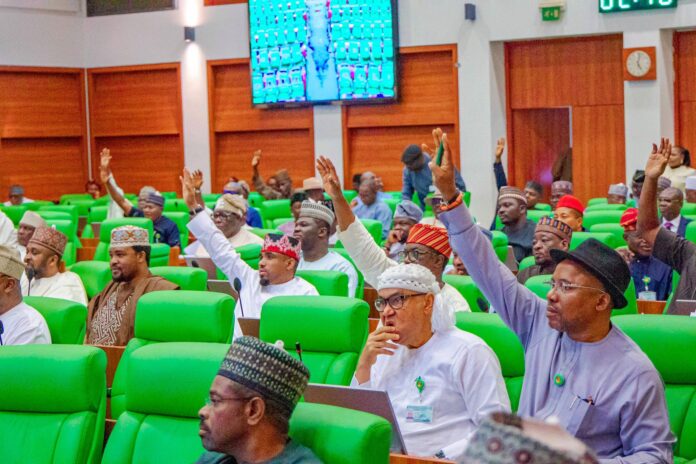The House of Representatives Committee on University Education has expressed deep concern over the continuous exodus of academic and non-teaching staff from Nigeria’s universities without corresponding recruitment to fill the resulting vacancies.
The Chairman of the Committee, Abubakar Fulata, stated this on Thursday during an oversight visit to federal and state-owned universities in the South-East, noting that the development poses a serious threat to the stability and quality of higher education in the country.
In a statement made available to the media, Fulata cited the University of Nigeria, Nsukka, as a striking example, revealing that authorities of the institution confirmed that over 3,000 teaching and non-teaching staff have exited the system since 2019 through retirement or death, yet no replacements have been approved to fill the vacancies.
“It is abnormal and dangerous for the university system to continue losing lecturers and non-academic staff through retirement or other causes without making provisions for replacements,” Fulata said.
“It is equally unhealthy for the system to have about 3,000 people leave and be granted approval to recruit only 500. This imbalance undermines academic continuity and institutional capacity.”
The lawmaker urged the Ministry of Education, university governing councils, and relevant agencies to address the manpower gap urgently, stressing that sustained vacancies in academic and administrative positions would further weaken the quality of education in the country.
Fulata also called on universities to ensure full compliance with the federal character principles in recruitment and appointments, noting that many institutions have failed to reflect national diversity in their staffing patterns.
Nigeria’s tertiary education sector has, for years, grappled with structural challenges, including poor funding, inadequate infrastructure, and low staff morale.
These have been compounded by the growing wave of academic migration—commonly referred to as brain drain—as lecturers leave for better opportunities abroad or in other sectors.
Poor working conditions, low remuneration, limited research support, and prolonged industrial disputes have been identified as key factors driving this trend.
During the previous Muhammadu Buhari administration, public universities were shut for nearly a full academic session due to strikes by the Academic Staff Union of Universities.
The current administration of President Bola Tinubu is facing similar threats, with several unions warning of possible industrial action if lingering issues are not addressed.
The committee, Fulata assured, would continue to engage relevant stakeholders to strengthen university education and reverse the trend of talent loss in Nigeria’s academic system.

